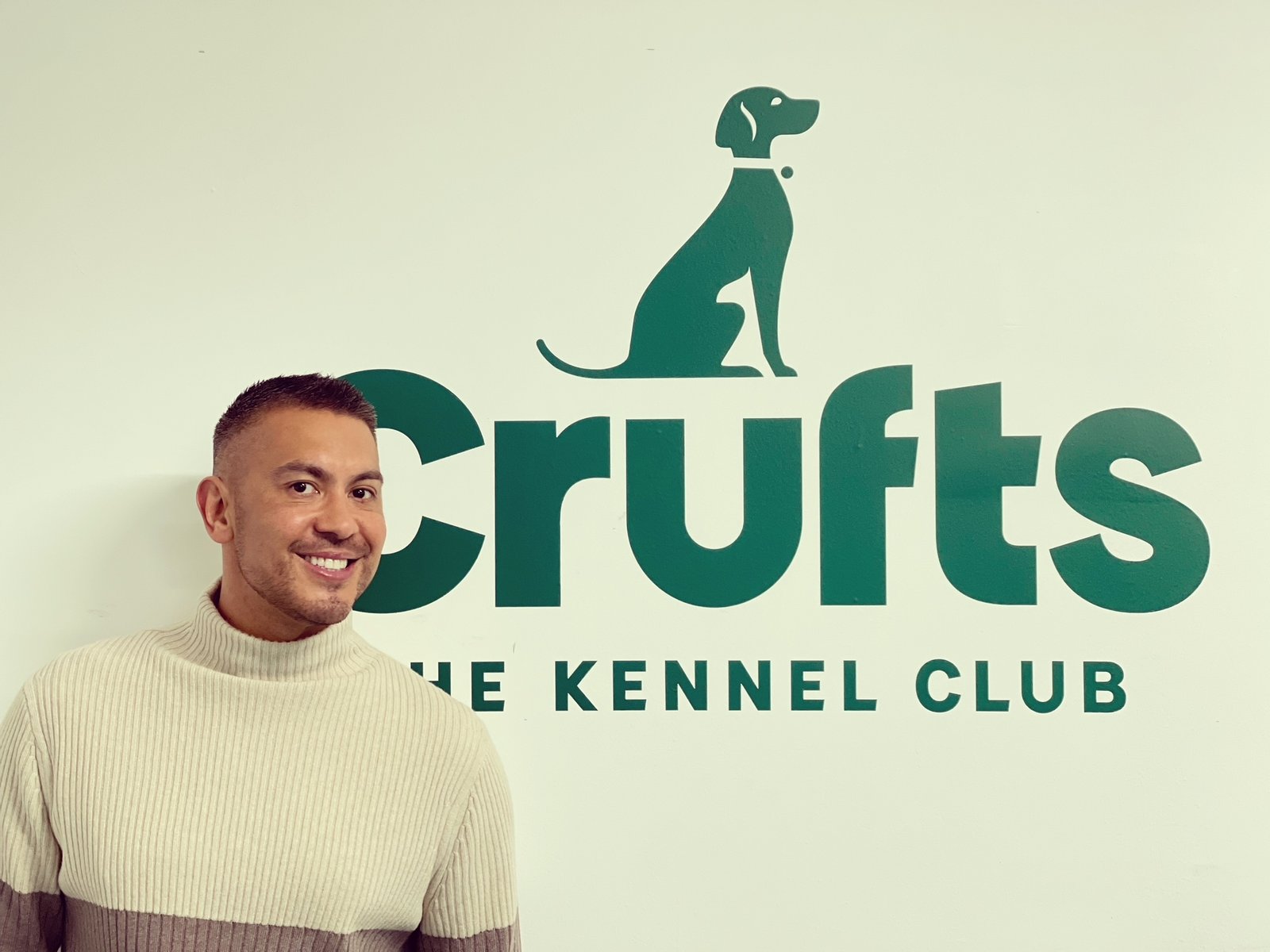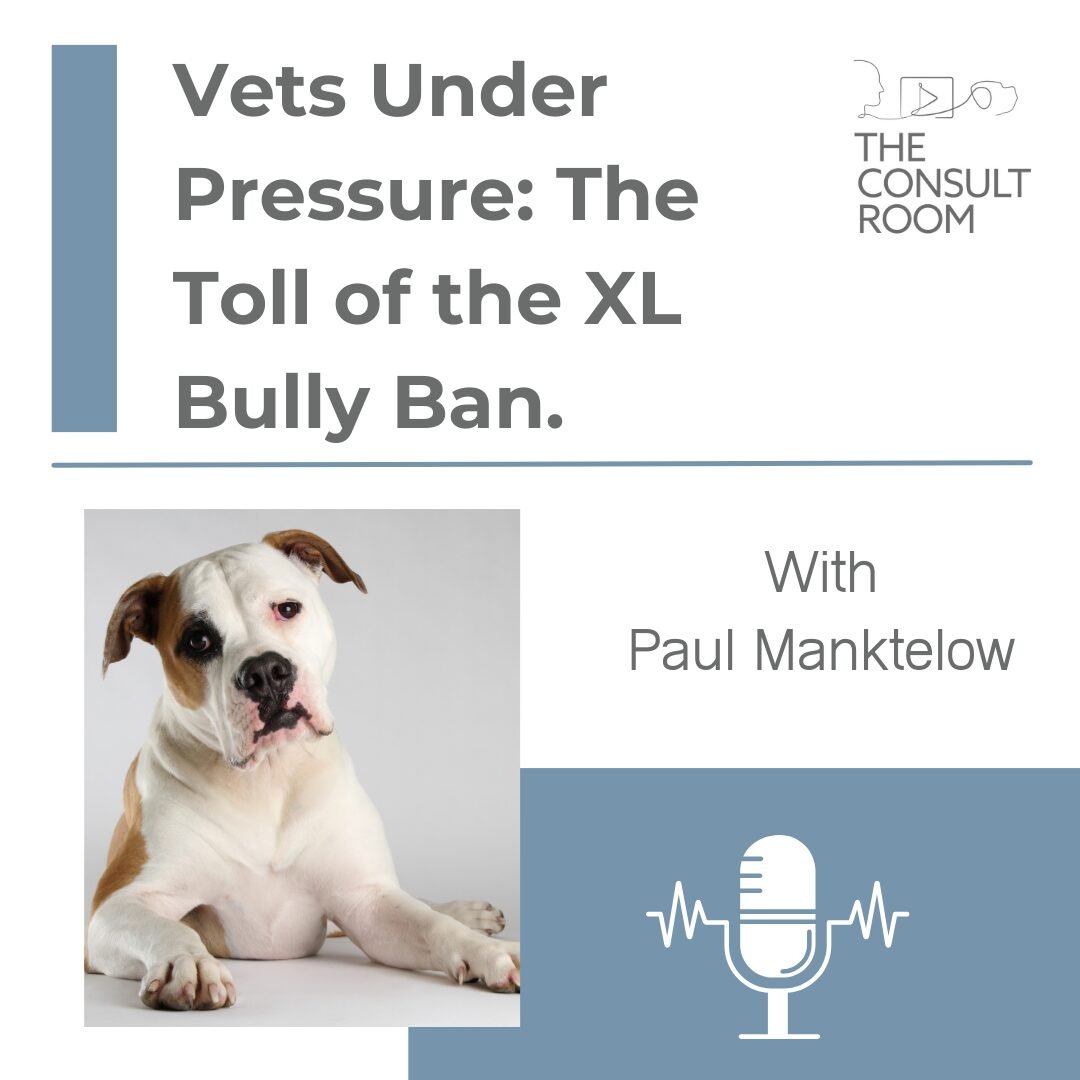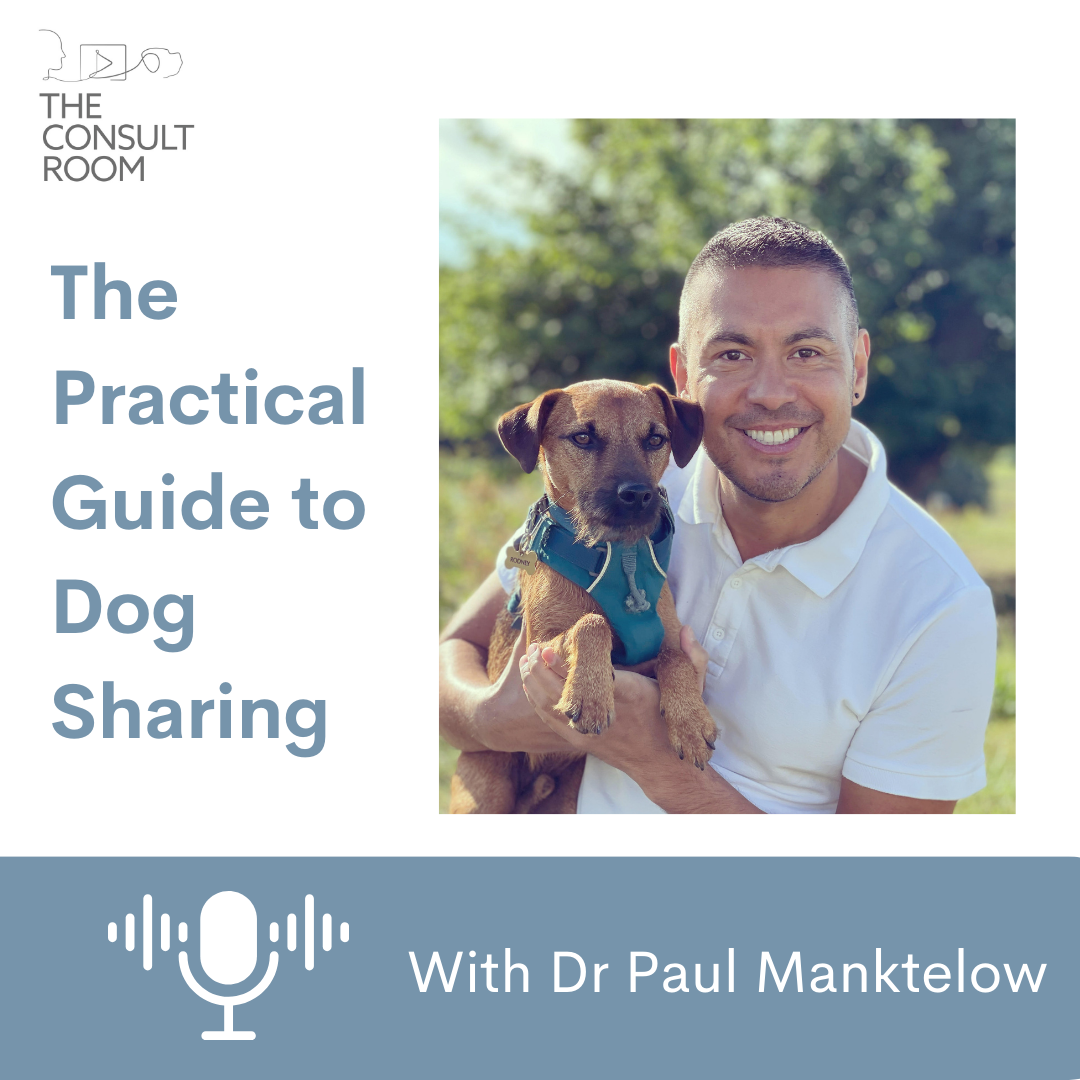As someone who’s responsible for a pet – how do you describe yourself? Way back when domesticated animals largely worked for humans, being an owner defined both our role and our relationship with the animal. But in contemporary times where our pets might offer – or, for rescue-shelter pets, be offered – assistance, protection and companionship, defining roles and relationships has become more complex. Let’s consider how …
Owner
Ownership of a living, breathing creature is a concept under the spotlight of modern society. Whether we pay breeders, rescue from sanctuaries or find ourselves ‘adopted’ by hungry, homeless pets, do we have the right to say we ‘own’ our pets? For some, pet owner is a squirm-worthy phrase implying dominance, yet to others it’s the default description, defining a relationship which involves taking responsibility for the care, discipline and actions of our pets.
Pet owner is also where legislation sits and is mainly how rights are designated and described. UK laws such as the Control of Dogs Order 1992, which prescribes identity tags and microchipping, refers frequently to owners and ownership and the UK Government’s Animal Welfare Guidance specifically offers Guidance for Pet Owners.
Parent
In modern culture, most domestic pets are integral to our families. In a Fortune Morning Consult Poll, 76% of owners referred to pets as ‘beloved family members, clearly demonstrating how words relating to families often represent roles and relationships with our pets.
It’s also true that some ‘pet-parents’ by-pass the parent appellation and go straight in with mum or dad. However, whilst the sentiment might come from a place of love, attributing our pets with human characteristics can be unhealthy for all concerned. At the very least, the term confuses our understanding of the specific needs for different species and breeds. Sadly, veterinary practice has seen a rise in behaviour issues in dogs, in many cases due to treating them inappropriately.
Partner
The rise of people seeking singledom (source) has seen the phrase pet partner come into play. Whilst this may reflect the mutual benefits of a companion relationship alongside another creature, it doesn’t recognise the imbalance between what each species offers. There will always be a natural imbalance in a pet ‘partnership’ because we have responsibility to care for our pets and should not expect the same in return.
Companion
With an implicit sense of mutual care, the term pet companion might be a compromise between guardians and partners. In the world of social science, companionship, love and belonging sit centrally in Maslow’s Hierarchy of Human Needs whilst studies have shown that dogs’ needs can be similarly mapped.
So, pet companion might be a useful compromise of terminology, indicating the mutual therapy between pet and human, but without the ‘humans’ tendency to anthopomophosize’ (MDPI source) which terms like pet parent and partner certainly portray.
Guardians
Nowadays when pet fostering, sharing and borrowing are popular, cost-effective ways to enjoy a pet, many people might feel guardians could imply a temporary relationship which doesn’t acknowledge their commitment to their role – or to their pet.
However, many pet lovers, including myself with Rodney, using the term pet guardian reflects an equitable, protective relationship. In Hawaiian, the word used for that pet-person relationship is kahu – which has many meanings, including guardian, protector, steward, beloved attendant: ‘what a kahu protects isn’t their property, but part of their soul’ (beautiful definition by sidney_minisausage on Instagram). For me, this describes exactly my relationship with Rodney, reflects my responsibility to meet his needs and prioritise his wellbeing, whilst also acknowledging that we’re very different species.
Ultimately, each of our pet-human relationships is unique and the term we use to describe and define our relationship with our pet will reflect that. For me, it’s pet guardian – how would you describe yours?
 Dr Paul Manktelow is a vet who’s worked for almost 20 years on the front line in some of the UK’s busiest veterinary hospitals. As Chief Vet in the Charity Sector, he leads a team of vets and nurses that treat thousands of pets every year. Paul also appears regularly in the media as a TV and radio presenter, writer, public speaker and podcast producer.
Dr Paul Manktelow is a vet who’s worked for almost 20 years on the front line in some of the UK’s busiest veterinary hospitals. As Chief Vet in the Charity Sector, he leads a team of vets and nurses that treat thousands of pets every year. Paul also appears regularly in the media as a TV and radio presenter, writer, public speaker and podcast producer.






Leave A Comment